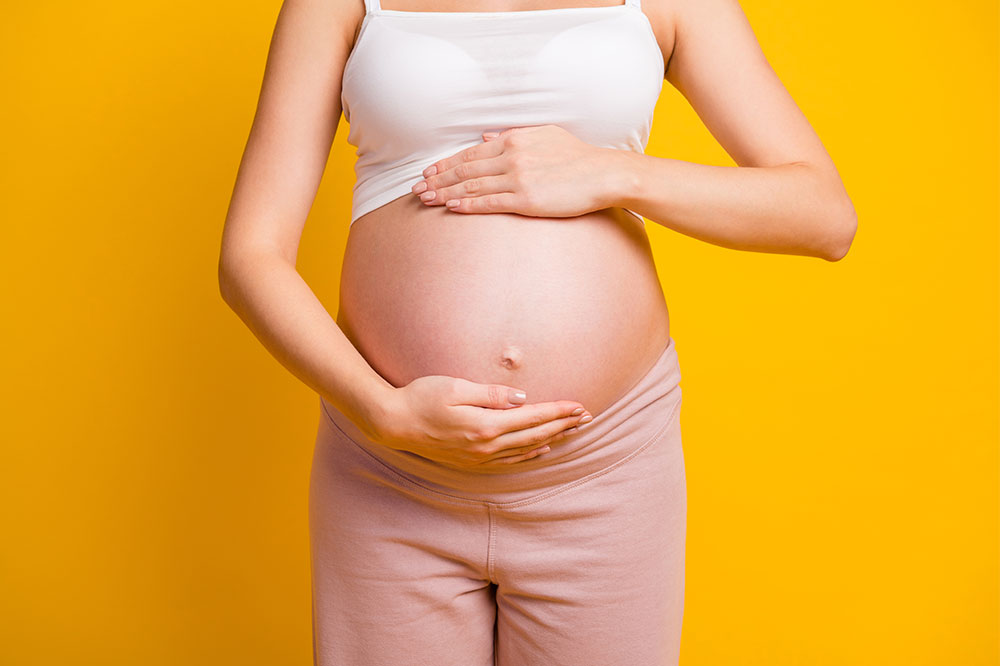Pregnancy – Stages, symptoms, diagnosis, and prevention
A proper family and pregnancy planning is one of the most important aspects of life. The entire pregnancy period lasts for about 40 weeks. During this time, it is very important to stay healthy and safe. Early diagnosis and proper care ensure that both the mother and the child remains in good health. It is important that you understand the different stages of pregnancy to make sure of taking proper care.
Stages of pregnancy
The duration of the pregnancy is generally divided into three trimesters or stages.
- First trimester
The first 12 weeks of the pregnancy is known as the first trimester.

The 13 th week to the 28 th week is known as the second trimester. This is when the baby starts to form fingerprints and footprints. Hair starts to grow on the head and the blood cells are created by bone marrow too. By the end of this trimester, the baby can become up to 12-inches long.
The remaining of the pregnancy up to the 40 th week is the third stage. By the 37 th week, the organs of the baby can function on their own.
Symptoms and diagnosis of pregnancy
The family and pregnancy planning starts right when you see the first signs that indicate your pregnancy. If you can read the signs right, you will know that you are pregnant even before visiting the doctor.
- Missed period
If you are someone whose menstrual cycle maintains regularity then a missed period can be an indication of pregnancy. A delay of a week can be a possible sign. - Fatigue
If you are pregnant then the progesterone hormone production significantly increases in your body. This leads to feeling sleepy and fatigued, which may indicate pregnancy. - Increase in urination
The amount of blood present in your body increases when you become pregnant. This leads to your kidneys processing fluids in more amount and causes you to urinate more. - Nausea
Nausea during pregnancy is very common and it is known as morning sickness. However, you can have this condition at any time of the day. This generally starts after a month since pregnancy but it may start early for some people too. - Pregnancy test
There are pregnancy test kits available which you can use at home too. The result of this test is generally 99% precise. However, you should always visit a doctor who can confirm the diagnosis with a blood and urine test.
Prevention
If your family and pregnancy planning is to not get pregnant right now, you can take precautionary measures to prevent it. Condoms, cervical caps, diaphragm, spermicide, contraceptive patch, contraceptive pills, and other commonly used birth control methods can be effective for you. Implants and intrauterine devices (IUDs) can also be used to prevent pregnancy. You should talk to your doctor regarding these.

